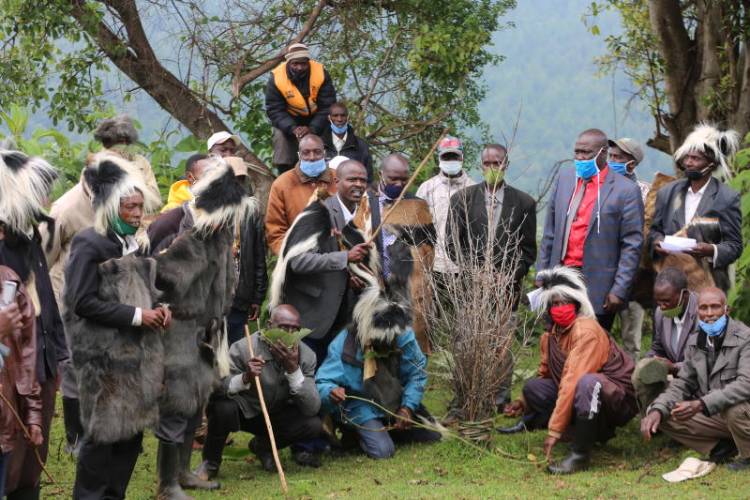×
The Standard e-Paper
Stay Informed, Even Offline

As the world celebrates the International Day of World’s Indigenous People's today, it is a dull moment for those living in Kenya.
Local forest indigenous groups say while courts have come to their protection, marginalisation continues with long-standing unimplemented court rulings, evictions and ethnic clashes amid a raging global pandemic.